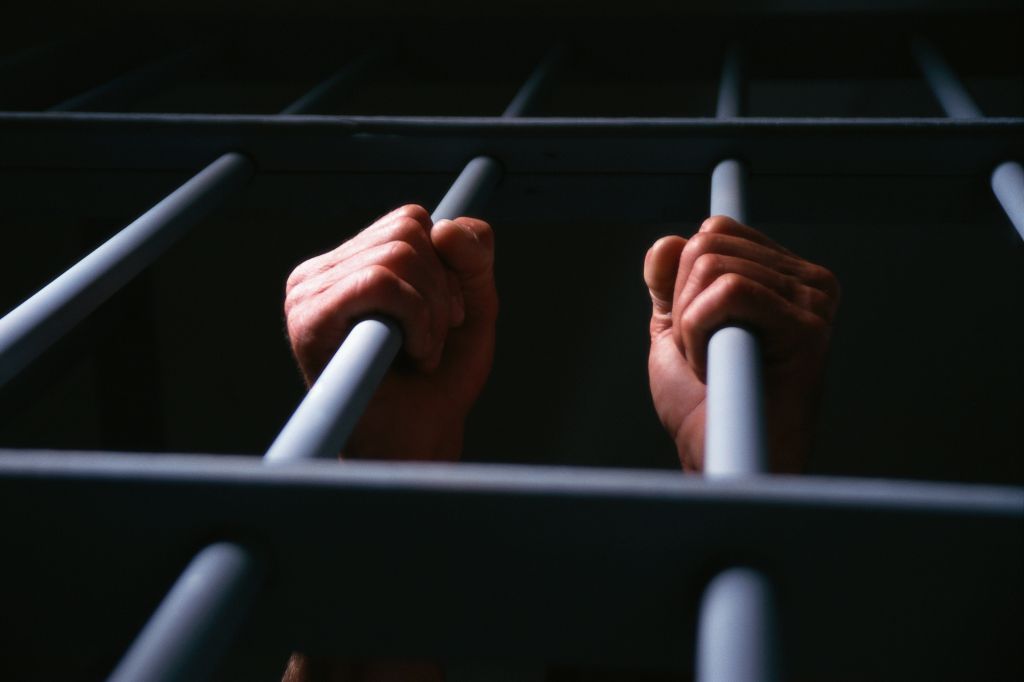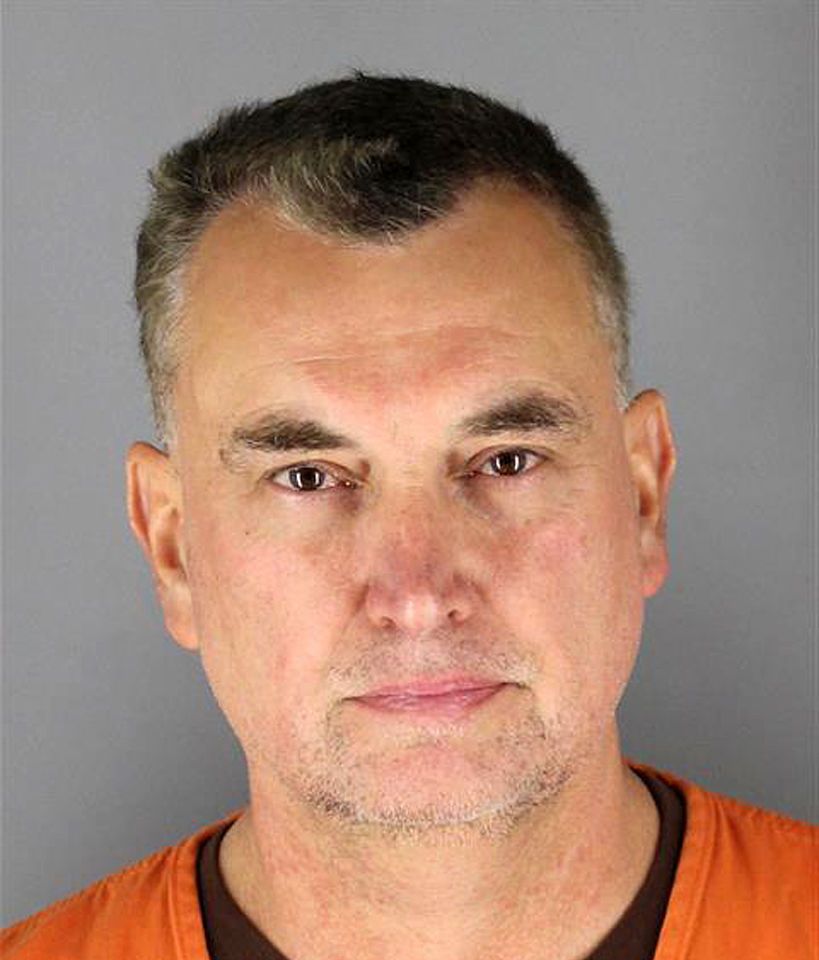Law Signed In Jersey, Which Has Highest Racial Disparity In State Prisons
Governor Signs Sweeping Voting Legislation For Felons In New Jersey

Source: Ken Glaser / Getty
New Jersey Governor Phil Murphy signed a bill on Wednesday that’s expected to impact more than 80,000 people who are on probation or parole.
According to NPR, the bill will restore voting rights to ex-felons, making New Jersey one of several states to carry out legislation giving former felons access to the ballot box. The law will be effective in March 2020 and Murphy said it ensures that a person can “once again walk into a voting booth and have a say in our democracy” upon their release from prison.
“These are residents who are living as full participants in their communities and yet have been needlessly prevented from having a voice in the future direction of their communities,” Murphy continued.
The governor also signed off on legislation that will let residents with low-level drug and nonviolent offenses have their records expunged if they don’t commit another offense for 10 years. He explained that a task force will soon take time to develop a free automatic system that will complete the expungements for individuals who match the criteria.
“I am proud that we are giving New Jersey one of the most progressive expungement laws in the nation, allowing more people to fully participate in our society, in our economy,” Murphy said.
New Jersey joins a list of 17 states, plus the District of Columbia, who have given voting rights to disenfranchised former felons, according to The Sentencing Project.
The director of advocacy for The Sentencing Project, Nicole Porter, told NPR that the Jersey laws “are a step in the right direction, reinforcing racial justice because of how the criminal justice system disproportionately touches black and brown citizens.”
She also mentioned that Jersey has the nation’s highest rate of racial disparity in its state prison system. According to a 2016 report by the organization, there were 12 times as many Black people incarcerated as white people. Another study from the same year revealed that “a record 6.1 million Americans are forbidden to vote because of felony disenfranchisement, or laws restricting voting rights for those convicted of felony-level crimes.”
Daamin Durden was once one of those folks who couldn’t vote. A former felon, he now works as one of the Newark Community Street Team’s facilitators. “I felt hopelessly trapped,” Durden said during the signing of the bills.
But now things are looking up. “I’ve been able to reform my life and become the man that you see standing before you today,” Durden said. “A whole and redeemed man, and full and free citizen and a hero to my son.”
SEE ALSO:
Who’s Going To Speak Up For Black Lives At Democratic Debates Now?
Rep. Elijah Cummings’ Mission Lives As Nancy Pelosi Pays Homage During Impeachment Debate Speech
















